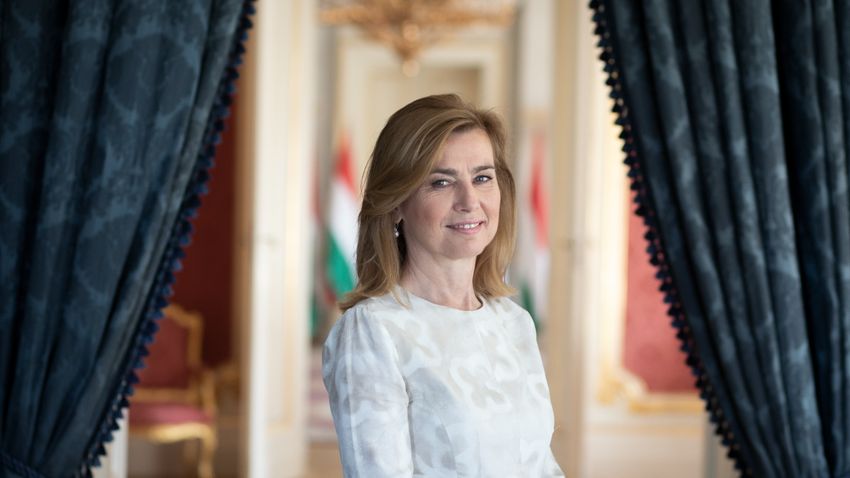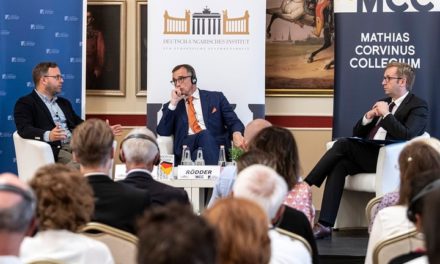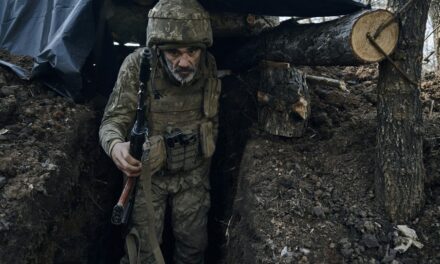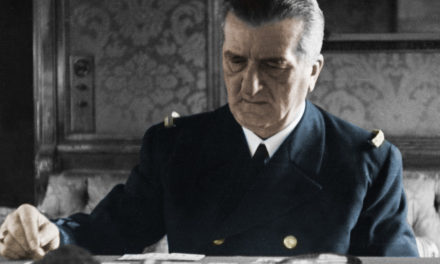There should be a person on the floor who will tell you which is the bigger drama: that of the widowed father with the seventh child, or that of the young man just coming of age, who has neither father, nor mother, nor grandparents, nor siblings? Anita Herczegh, the wife of the President of the Republic János Áder, hopes that the Regőczi Foundation will win more and more supporters.
"Of course, our family also has - or at least had - our usual rituals, because Covid basically turned our lives upside down as well. - said Anita Heczegh in an interview with Magyar Nemzet. In the close family, András, Borbála, Barbara, and Melinda celebrate their name day at the beginning of Advent, at which time my youngest daughter makes Advent wreaths as name day gifts for her siblings and grandmother. And he helps me: we are together for a week, we listen to Christmas music, and we make dozens of wreaths for the initiative of Ficsak, the Club of Young Families. The income is used to support Lea Otthon, which takes in mothers with small children in life-threatening situations, young parents who have lost their land, and provides shelter for families in crisis situations. Unfortunately, due to the epidemic, many events were canceled this year as well, mainly programs related to the coronavirus came to the fore. I receive invitations to awareness-raising events supporting the work of hospitals, nurses, and doctors, and of course to events that help the goals of the Regőczi Foundation."
The foundation was established with her husband, President János Áder, in the spring, during the third wave, when more and more parents in their thirties and forties fell victim to the epidemic. At that time, the domestic news told about nearly six hundred orphans who had lost one or both of their parents. Unfortunately, their number has now increased!
"There are approximately a thousand of them in Hungary, which confirms that our initiative was justified, although we could not know exactly what we were doing when we were founded. Since then I have met many grieving families. It is quite different to face the difficulties by visiting them and talking to the orphans in their homes, than it is to look at the data sheet as an outsider to see how many dependents are on it, how much the income and expenses are. As many families, as many difficulties. There should be a person on the ground who will tell you which is the bigger drama: perhaps that of the widowed father with the seventh child, whose baby was saved, but not his wife? Or of a young man just coming of age who has no father, mother, grandparents, or siblings? And there are the doubly orphans who, after the death of their parents and grandparents, have now moved in with their aunts... These are incomparable dramas. The life situation of a widowed mother is different if she lives on a farm with her children of preschool age, and another if she lives with high school teenagers in a housing estate. It's different if you have a thread in the world, or if the big family closes around you.
The wife of the head of state organized a tour of the country to meet the representative of the charitable organizations who help families in difficult situations on the spot.
"I heard touching stories about anonymous helpers, thick envelopes thrown in the mailbox, bowls of cookies brought to children, small gestures that showed compassion and care." - He continues. "I heard about former classmates, school communities and people on the street who provided immediate financial and spiritual help in times of trouble. Every grieving family has experienced something similar, which proves that we can indeed count on each other in this country. The support is primarily emergency aid: immediate financial assistance when administrative matters, bills, and funerals need to be taken care of. But there is also a secondary blessing of community solidarity: the mourner, who is about to collapse, can experience that there is someone to turn to, someone to rely on in the tragedy. This experience mobilizes your spiritual reserves and strengthens you to continue living your life. Without external support, it is not at all certain that internal resources would be activated. There are a lot of uplifting letters to the foundation saying that people are good.
Are you involved in this as a goodwill ambassador of the Hungarian Maltese Charity?
"Yes, and in other communities, also as members of groups: for example, every year my female judge colleagues and I fulfill the Christmas wishes of children living in homes. When residents of children's homes write letters to the angel, four out of five ask for warm shoes. Shoes or boots - they write - but if that is not possible, then a small car, but if that is also not possible, then... - it is touching to read how they struggle. These letters have a special character. One year - I think on the advice of the educators - all the children made a vow: "I promise to be good." But one of them was unable to promise this, his commitment was: "I promise to always tie my shoes." He knew that it was not appropriate to promise something that he would not be able to keep anyway."
To what extent is it possible to commit as a helper in the long term? One of his fellow priests called István Regőczi the wanderer of God , perhaps this address also contains the intention of being ready, of continuous presence.
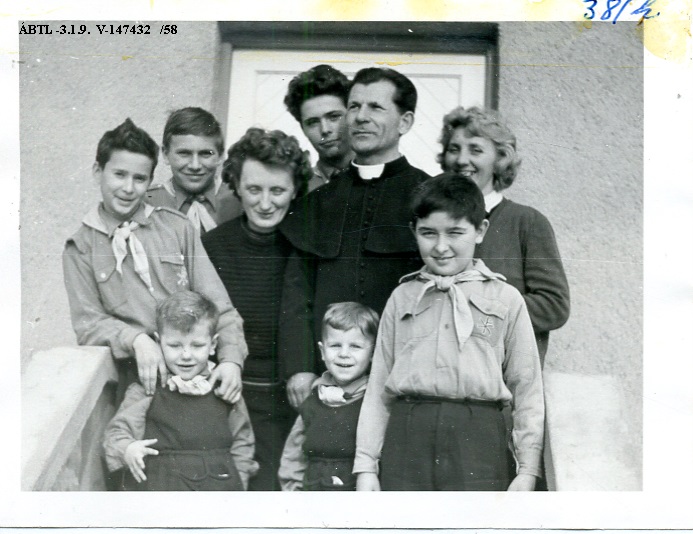
Source: Father Regőczi and the children/Source: katakomba.cserkesz.hu
"Father Regőczi found the orphans all his life, and the orphans also found him. During the bombings of the Second World War, then in the vulnerability of the fifties, and later, despite all prohibitions. It is clear from his book The Wanderer of God that he was not worried, he only saw the task before him: here is this orphan whom I have to take care of. There was a time when she took care of more than three hundred children, although she had no idea at noon what she was going to give them for dinner in the evening. He had no idea what he would use to build a shelter over their heads, but he trusted in God, who always helped him. His followers helped him, often anonymously and secretly. This is roughly how we started this task when we decided to create the foundation.
We paid the starting capital of HUF five million, but we knew exactly that it was nothing compared to the size of the task. If I count only fifty thousand HUF per family per month, it is six hundred million per year.
We are confident that it will work, as we want to provide orphans with long-term and personalized care. It is a great pleasure that we were supported by Emőke Bagdy and Diána Ürge-Vorsatz, who, as members of the board of trustees, participate wholeheartedly in promoting the cause of children. Many others also feel the pain of widows and orphans, they search the website of the Regőczi Foundation or turn to the president's office to help."
Source, full article and image: magyarnemzet.hu

